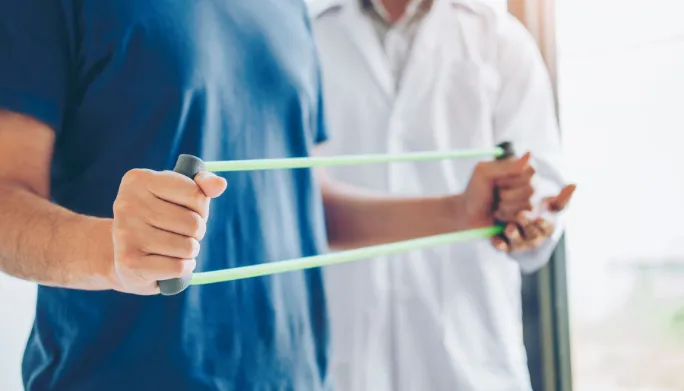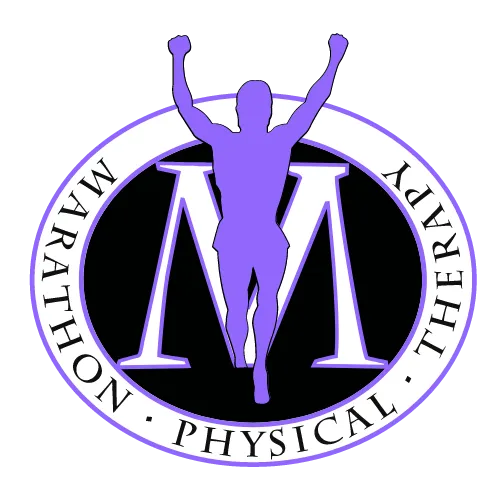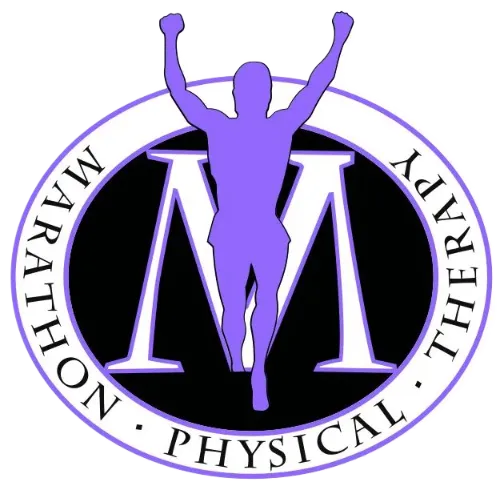Orthopedic Physical Therapy Great Neck and Floral Park
The clinicians at Marathon Physical Therapy are highly trained in the evaluation, treatment, and prevention of orthopedic and sports injuries. We provide care based on the current best evidence and use state-of-the-art rehabilitation equipment to facilitate a rapid recovery for even the most involved patients.
We know that getting patients back to their active lifestyles is a top priority, and that physical therapy here at Marathon Physical Therapy is a great first step in the process.
Experience and cutting-edge modalities, that used to be only available to professional athletes, are now available to the community members we serve. We take pride in providing one-on-one attention, in a warm and caring environment, to each of the patients that come through our doors.
We see a variety of patients each with their own specific needs, daily demands, and personal goals. That’s why we take the extra time to provide a customized program to each new patient we see.

What is orthopedic physical therapy?
Orthopedic physical therapy is the treatment of your entire musculoskeletal and nervous system.
- Bones
- Muscles
- Ligaments and Tendons
- Joints
- Connective tissue
A PT with a specialization in orthopedics will evaluate you and diagnose any issues or conditions. This includes:
- Diagnosis of the correct movement
- Making a treatment plan
- Therapeutic care
- We will educate you on how to manage your injury or condition so that you don’t get infected again.
Orthopedic physical therapy can be provided at outpatient clinics and hospitals, as well as in skilled nursing facilities, sports facilities, or even in your own home.
What to Expect from the Orthopedic Physical Therapist
It can be intimidating to begin any type of treatment. Orthopedic physical therapy is no exception. Knowing what to expect from your sessions and treatment is a huge help.
Before you start a relationship with a therapist, it is important to verify their credentials. Only therapists who have successfully completed an orthopedic specialist program can be considered experts in this field. Sometimes, non-specialized physical therapy therapists can still practice some elements of orthopedic physical therapy.
Your therapist will begin by performing a thorough exam. The therapist will then create a treatment plan for you.
Expect to engage in strength training and other exercises that challenge your body.
A physical therapist who specializes in orthopedics may also use instruments or tools to aid you in healing, such as ultrasounds, treadmills, and biofeedback.
A physical therapist who specializes in orthopedics will likely recommend exercises that you can do at home, and show you how to properly do them.
Treatments Used in Orthopedic therapy:
Hot/Cold Therapy
To treat musculoskeletal pain or swelling, orthopedic PTs may use both cryotherapy (cold therapy), and thermotherapy (heat treatment).
Exercises
Your therapist will design an exercise program that will likely include mobility and strengthening exercises.
Hydrotherapy
The benefits of water therapy, in a pool or whirlpool, are obvious, especially when it comes to exercise. It supports the body and reduces the impact on your joints.
E-stim (TENS/NMES)
The most effective pain management method is electrical stimulation. The therapist will attach an e-stim unit to the area that is being treated.
Transcutaneous electrical nerve stimulation (TENS), which uses a low-voltage electrical current to provide pain relief, is a form of transcutaneous electrical nerve stimulation.
Neuromuscular electrical stimulation (NMES) is a method that stimulates nerves by sending out electrical impulses. This causes muscles to contract and increases blood flow, which helps to heal them.
Neuromuscular re-education
This treatment can help regain voluntary muscle control that a patient may have lost because of atrophy, injury or other pathologies.
Soft tissue manipulation
Most likely, your therapist will use hands-on techniques to treat your muscles, ligaments and fascia. This can improve circulation, reduce swelling and buildup of fluid around an injury, ease pain and stiffness and speed up the healing of muscle strains or sprains. It may also restore range of motion.
Laser therapy
Your therapist might use light or low-level laser therapy to improve muscle performance, reduce fatigue, and repair muscle injuries after an accident.
Conditions We Successfully Treat on a Regular Basis:
Tendon/Ligament Disorders:
- Sprains
- Strains
- Tendonitis
- Tendon Ruptures
Muscle Injury / Disorders:
- Muscle Bruises, Contusions
- Muscle Ruptures
- Muscle Contractures
- Myositis
- Muscle Spasms
Pain Management:
- Headaches
- Myofascial Pain
- Neck Pain
- Low Back Pain
Joint Injuries / Disorders:
- Osteoarthritis
- Dislocations
- Subluxations
- Ligament Injury
- Cartilage Tears
Services We Provide in Great Neck & Floral Park
- Post-Surgical Orthopedic Rehabilitation
- Acute, Chronic Rehab
- Joint Replacement Rehab
- Spine Rehabilitation/Core Stabilization
- Sports Injury Rehab


